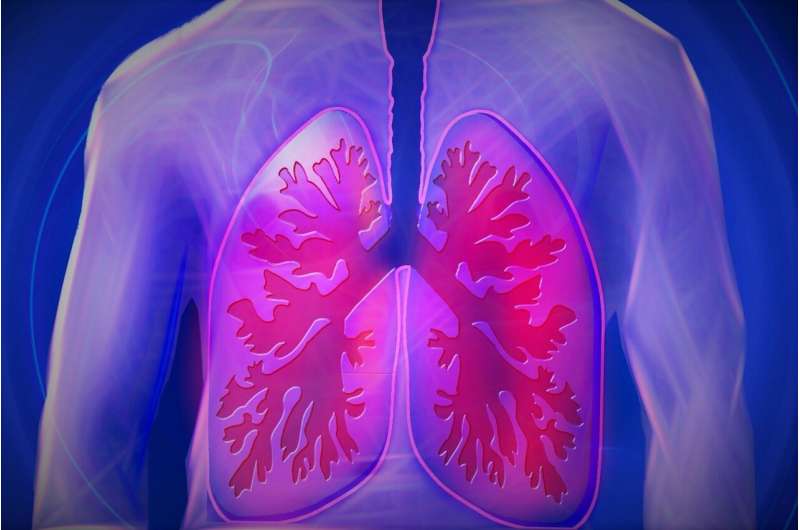Exercise-Induced Protein CLCF1 Supports Muscle and Bone Health in Aging

New research uncovers the role of the protein CLCF1, produced during exercise, in improving muscle and bone health in aging, paving the way for targeted therapies against age-related musculoskeletal decline.
Recent research has identified a vital protein called CLCF1 (cardiotrophin-like cytokine factor 1) that is produced during physical activity and plays a critical role in maintaining muscle and bone strength, especially in older adults. The study, published in Nature Communications and led by Dr. Yong Ryoul Yang from KRIBB and Professor Nak-Sung Kim from Chonnam National University, uncovered how this protein mediates exercise benefits at the molecular level.
The research team found that blood levels of CLCF1 increase significantly in younger individuals after a single exercise session, whereas older adults only show an increase after prolonged, regular exercise over 12 weeks. These findings suggest that the production of CLCF1 diminishes with age, contributing to the reduced effectiveness of exercise in combating muscle and bone decline in elderly populations.
Experimental studies on aged mice demonstrated that administering CLCF1 improved muscle strength and increased bone density. Conversely, blocking CLCF1's activity rendered exercise less effective, highlighting its essential role in exercise-induced health benefits. Further investigations showed that CLCF1 enhances mitochondrial function in muscle cells, inhibits osteoclast development (which promotes bone breakdown), and stimulates osteoblast differentiation (which promotes bone formation).
This discovery offers a new perspective on the biological mechanisms behind age-related decline in musculoskeletal health. Dr. Yang emphasized that understanding CLCF1’s role could lead to innovative therapies to address sarcopenia and osteoporosis, common age-associated conditions.
In summary, this research provides a biological explanation for why exercise becomes less beneficial with age and opens pathways for developing targeted treatments to promote healthier aging. For more information, visit source.
Stay Updated with Mia's Feed
Get the latest health & wellness insights delivered straight to your inbox.
Related Articles
Prostate Cancer Trends 2025: Rising Late-Stage Incidence Amid Slowing Mortality Decline
The 2025 prostate cancer report highlights rising late-stage diagnoses, racial disparities, and slowing mortality decline, emphasizing the urgent need for early detection and equitable care. Source: https://medicalxpress.com/news/2025-09-prostate-cancer-statistics-reveal-late.html
Heat and Toxic Chemical Exposure Pose Risks to Kidney Health in Agricultural Workers
A new study reveals that heat stress and exposure to toxic metals in agricultural workers significantly increase the risk of kidney injury, highlighting the importance of protective workplace measures in hot environments.
Understanding the Benefits and Risks of Hormone Therapy for Trans Youth
Explore the benefits, risks, and legal considerations of hormone therapy for transgender youth, a key aspect of gender affirmation with proven mental health benefits.
Combination of Aumolertinib and Chemotherapy Extends Progression-Free Survival in NSCLC Patients
A recent Phase III clinical trial reveals that combining aumolertinib with chemotherapy significantly improves progression-free survival in patients with advanced non-small cell lung cancer, offering new hope for personalized treatment strategies.



